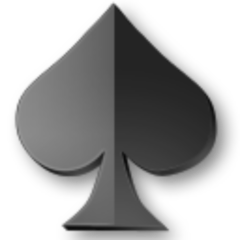A lottery is a game in which people pay money for the chance to win a prize based on a random selection. Prizes range from cash to goods to services, and the number of tickets sold determines the odds of winning. Modern state-sponsored lotteries are generally characterized by the following characteristics: a state or public corporation acts as a monopoly, offering games through retail outlets; a relatively small initial portfolio of relatively simple games is launched; and, in response to demand and in order to maximize revenue, the lottery progressively expands its operations, adding new games.
Some states use a lottery to raise funds for public works projects, such as roads or bridges. Others use it to fund education, while still others use it to support religious institutions or the arts. Lotteries can also be used to distribute prizes to military conscripts, or as a means of determining who gets a seat on a jury.
The first state-sponsored lotteries were held in the Low Countries during the 15th century, raising money for town fortifications and helping the poor. The word “lottery” comes from the Dutch noun lot, meaning “fate”, probably a calque on Middle French loterie, which in turn may be a calque on Old French lotie, “action of drawing lots”.
In colonial America, lotteries were common and played an important role in both private and public ventures. They helped finance roads, canals, schools, churches, colleges, libraries, and even the building of Princeton and Columbia Universities. Benjamin Franklin even ran a lottery to raise funds for cannons to defend Philadelphia against the British during the American Revolution.
But while most people who play the lottery do so responsibly, there are a small number of players who buy tickets in a reckless attempt to make quick and easy money. They have a strong desire to get rich, which is often fueled by the popular belief that anyone can become wealthy with enough hard work or luck. In addition, these people tend to have lower incomes and are more likely to be addicted to gambling.
Some of these people have a clear understanding that the odds are long for winning the big jackpot. But they keep playing because they believe that someone has to win, and they feel that, for better or worse, the lottery is their last, best, or only hope at a new life. I’ve talked to many of these people, and they are surprisingly rational about the odds. They have these quote-unquote systems that are completely unsupported by statistical analysis, about lucky numbers and stores and times of day to buy tickets, and they understand that their chances are long but they keep doing it because they really want that big jackpot.
